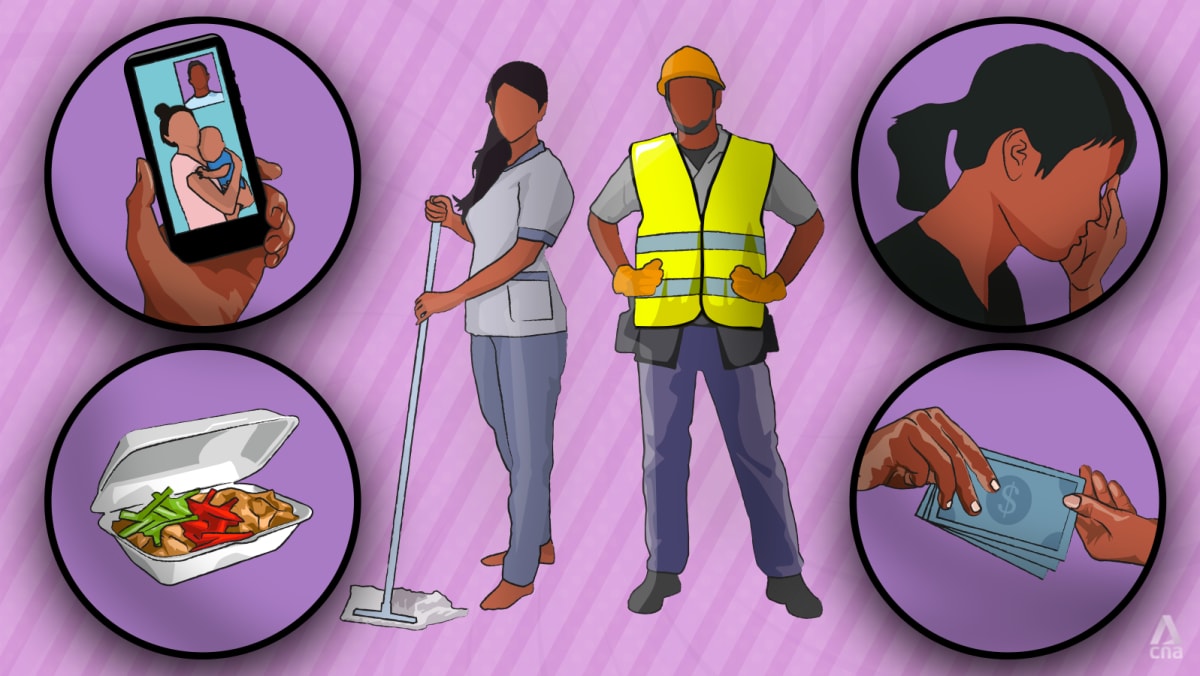The brain’s ability to control emotions is relatively immature in younger children and can take at least until the early 20s to fully mature.
This means in times of fatigue, stress, new and/or over stimulating environments, “self-control” can be challenged or even lost.
WHAT TO DO IN A MELTDOWN
Parents can act as the proxy frontal lobe, helping their child to restore balance between their thoughts, feelings, and the demands of a sometimes chaotic Christmas setting.
In these circumstances, the child needs their parent(s) to stay connected, and to use a calm voice to bring them to a more balanced (or regulated) state. Parents could say something such as: “I can see you are feeling upset right now. It’s okay – there is a lot going on at Christmas time. I am here. Do you need a cuddle?”
Remember, a child’s behaviour is not random – it is a vehicle to communicate a need. Maybe they need sleep, a drink, comfort, and/or some downtime.
So be on the lookout for those cranky cues so that the festivities can be enjoyed by all.
Catherine E Wood is Associate Professor and Clinical Psychologist at the Swinburne University of Technology in Melbourne, Australia. This commentary first appeared on The Conversation.














